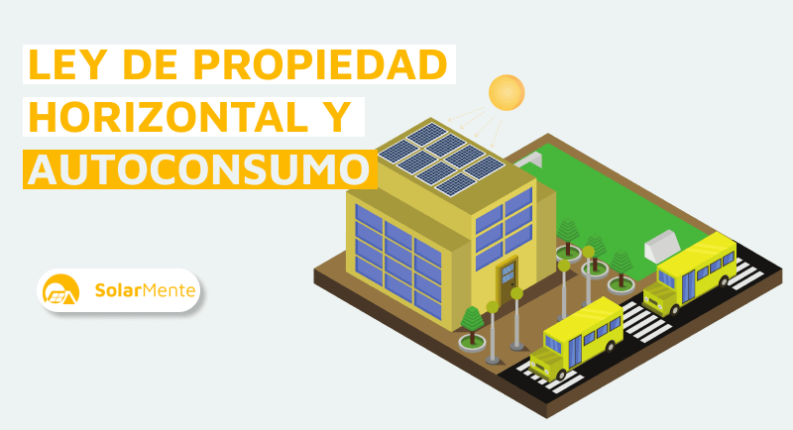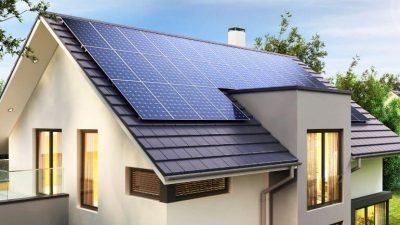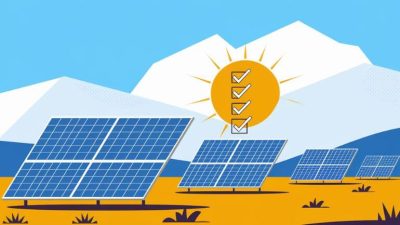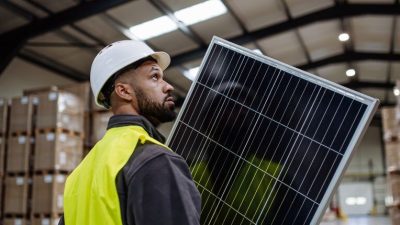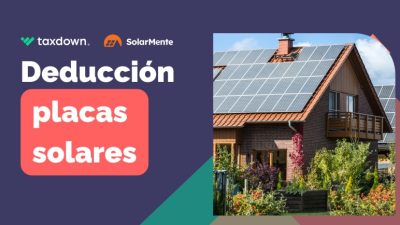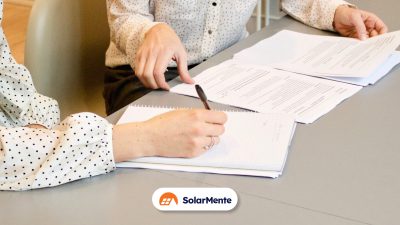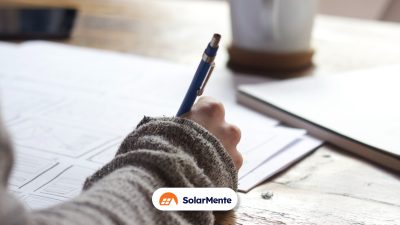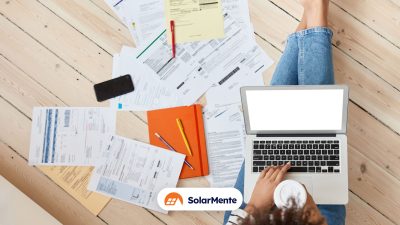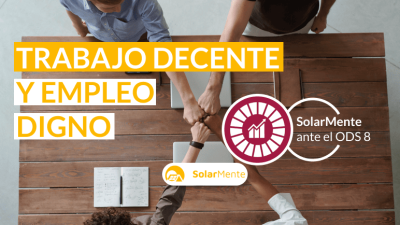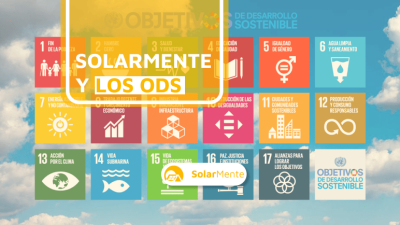Following the approval of the
Law on Climate Change and Energy Transition, a new scenario for the use of
renewable energies in Spain is presented, with greater investment and improved processing times, where more households can enjoy
solar energy and start saving on their energy bills.The modifications to the
Horizontal Property Law for solar panels have been introduced with the aim of encouraging
photovoltaic self-consumption, especially among neighbourhood communities.
In this article, we will analyse what the regulations say about collective self-consumption, the modifications that have been made and the requirements for a successful photovoltaic installation.
Horizontal Property Law for solar panels: what do the regulations say?
If we asked you what is the first word that comes to mind when you think of self-consumption, what would you say?As a general rule, we associate the term self-consumption with the exclusive use in single-family homes without being able to opt for solar energy in communities of neighbours.
But there is a problem here. 65% of the population lives in communal dwellings. Quite a considerable percentage, if we think about it cold.
So what do we do about it, and is this part of the population missing out on the benefits of solar energy for their homes?
The red tape and management costs were a major obstacle for the residents’ associations. It was an unattainable dream that finally came true after the legal reform of the Horizontal Property Law for the installation of solar panels.
It is a pity to waste all the hours of light we have in Spain on just a part of the population.
This is how the regulation for the installation of solar panels in a community of neighbours facilitated access to photovoltaic self-consumption for all those people who had been thinking of switching to solar energy for some time.
Do I have to ask my neighbours for permission to install solar panels?
According to
art. 17.1 of the Horizontal Property Law, any owner can request the installation of solar panels in a community of neighbours
.But,
how many neighbours must agree to install solar panels in the community? In order to vote, a Meeting of Owners must be called and approved by a third of the members of the community, which in turn represent a third of the participation quotas.
One of the amendments to this article, in particular, already presented by the Spanish Photovoltaic Union (UNEF) in a document sent to the Government in May 2020, proposes the following:
For private use
If the use of the installation is private for the dwelling and not all neighbours participate, the necessary majority is more permissive.In these situations,
the favourable vote of one third of the owners of the community representing at the same time one third of the participation quotas will be required.
What happens to those who vote against? They will not pay for the cost of the installation or the adaptation of the infrastructure. Nor will they pay for the maintenance of the photovoltaic system.
Those neighbours who wish to opt for solar energy at a later date will have to pay the amount corresponding to the update plus the legal interest.
For communal installations
If the photovoltaic system is intended to cover the needs of the entire building, a simple majority of the owners is required, and at the same time, they must represent a simple majority of the participation quotas. It should always be borne in mind that the cost of the installation cannot exceed the amount of 12 monthly common expenses.This cost is calculated after deducting the
subsidies for self-consumption and other subsidies applied by each city council and locality.
Well, we are talking about a simple majority where the following factors must be considered:
- Absent owners who have not confirmed their vote, it is counted as a favourable vote if, after having received the summons, they did not show up at the Meeting and once informed of the proposal to execute the installation and the result of the vote, they do not express their disagreement within 30 calendar days from the holding of the Meeting.
- Those owners who voted against residential self-consumption will not be able to take advantage of the electricity generated by the solar panels and will have to continue with their usual billing contract.
Cost of the investment: how is it distributed among the neighbours?
There are two ways to pay the cost of the investment:
- Supply-optimised. It is distributed according to the energy consumption of each neighbour, paying the corresponding part of the total budget.
- Equitable for all. All the neighbours will pay the same percentage of the cost of the installation.
These percentages can be agreed between neighbours.
Frequently asked questions about the Horizontal Property Law
Can I opt for surplus compensation?
If it has been stipulated that the installation of solar panels will be connected to the grid and will work with
surplus compensation, it will be necessary to notify the electricity company, agree on the compensation conditions and register in the self-consumption register.But be careful, not all neighbours must be with the same supplier. Each company will apply the criteria established in the contract.
Is it possible to install solar panels without the authorisation of the residents’ association?
Solar panels cannot be installed without the approval of the residents’ association, as a photovoltaic system involves the alteration of a common element. The approval of the Owners’ Meeting will be necessary in order to enjoy solar energy.

